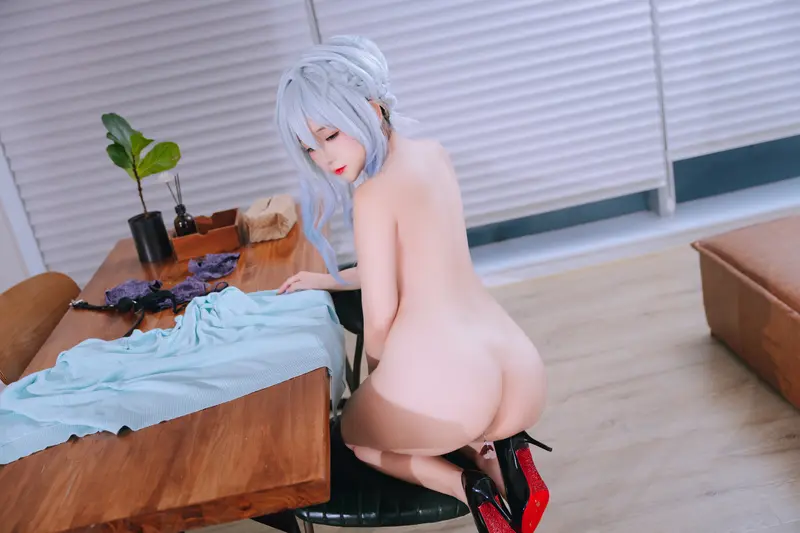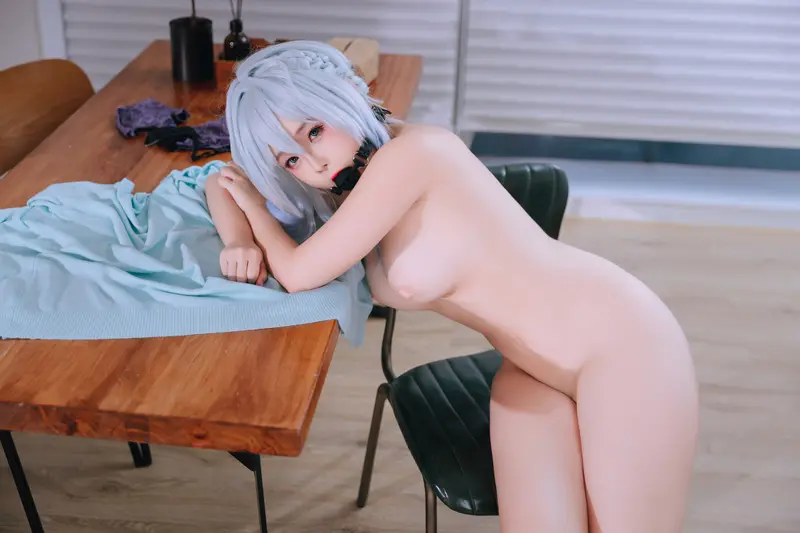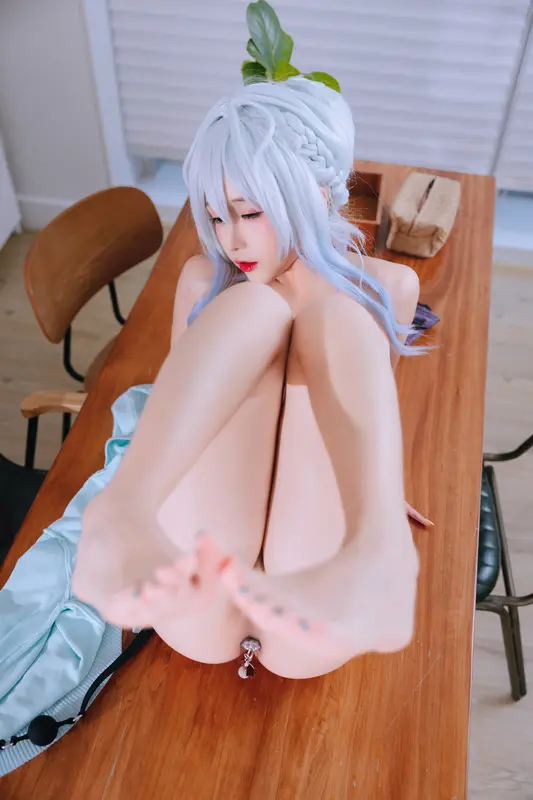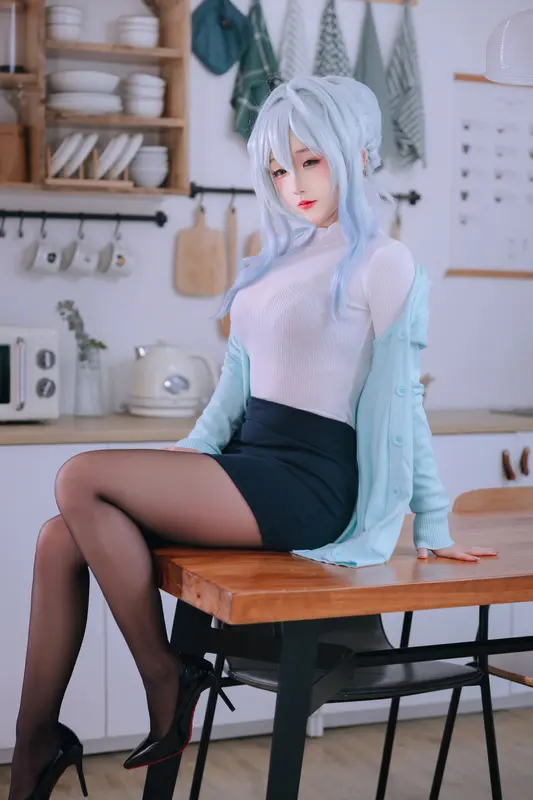The allure of the ‘Widow Snow Woman’ is steeped in a blend of icy beauty and profound loneliness. This depiction reimagines the traditional Japanese Yuki-Onna (Snow Woman) folklore, but with a mature, sensual twist. She is no longer just a spirit of winter’s chill; she embodies a tangible, human-like warmth yearning to break free from her icy isolation.
Imagine a woman of ethereal beauty, skin as pale as freshly fallen snow, framed by raven hair that cascades like a frozen waterfall. Her eyes, pools of glacial blue, hold a depth of sadness and a hint of untamed desire. She possesses the haunting grace of a figure sculpted from ice, yet her curves whisper stories of hidden passions.
This ‘Widow Snow Woman’ isn’t just about cold aesthetics; it’s about the emotional landscape of loss and longing. She represents the delicate balance between external composure and internal yearning. The imagery evokes a sense of forbidden beauty, a desire to thaw the ice around her heart, revealing the fiery spirit within.
Her widowhood suggests a past love, a warmth now lost, adding layers of complexity to her icy facade. The photographs might capture her in settings that contrast her snowy image: a dimly lit room, a touch of velvet against her skin, subtle hints of vulnerability that betray her frozen exterior. This juxtaposition emphasizes the inner fire struggling to emerge.
Ultimately, the ‘Widow Snow Woman’ represents a captivating paradox: a figure of cold beauty yearning for warmth, a spirit of winter touched by the embers of desire. She’s a poignant reminder that even within the deepest freeze, the flame of passion can still flicker, waiting for the right touch to ignite it once more.















